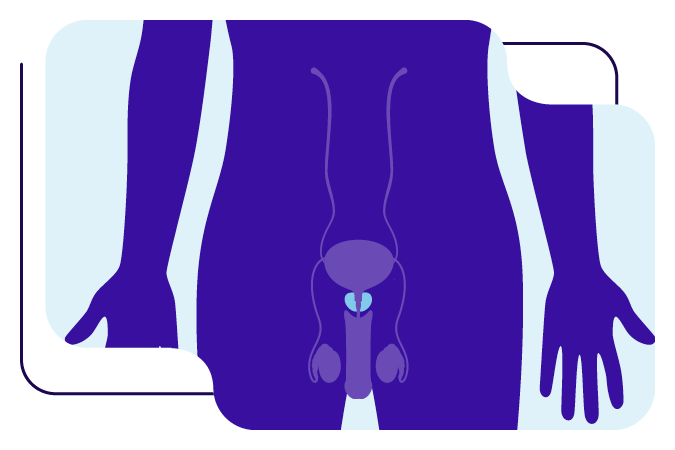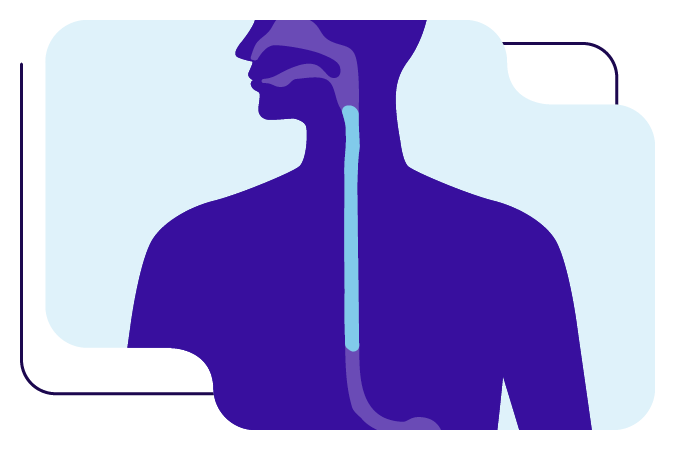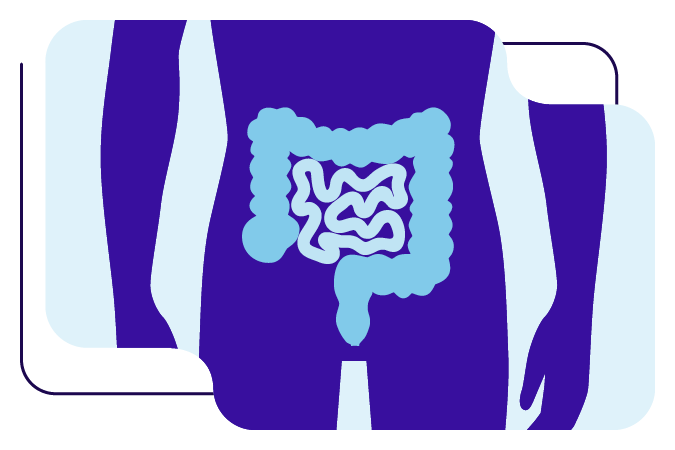Prostate cancer
What is prostate cancer? Find out how common it is, the causes, and expert advice on how to reduce your risk.

On this page
What is prostate cancer?
The prostate is a gland that is only found in men. It is about the size of a walnut and is found beneath the bladder.
The prostate makes fluid that protects the urethra (the tube that carries urine and sperm out of the body) and helps sperm survive. Male hormones, such as testosterone, control its growth and function.
Prostate cancer develops when a cell in the prostate gland gets damaged and starts to grow in an uncontrolled way.

Men’s health guide
This booklet is specially designed for men. It looks at the cancers that are most common in men, and gives lots of tips and advice on how you – or the men in your life – can be healthier and make cancer less likely.
How common is prostate cancer?
Prostate cancer is the 2nd most common cancer in the UK (2021 data), and the 4th most common in the world (2022 data).
Prostate cancer is the most common cancer in men in the UK, and the 2nd most common in men globally.
| Region | Cases | Year |
|---|---|---|
| UK | 51,575 | 2021 |
| World | 1,467,854 | 2022 |
What are the signs and symptoms of prostate cancer?
Prostate cancer does not usually cause any symptoms until the cancer has grown large enough to put pressure on the urethra.
Symptoms of prostate cancer can include:
- needing to wee more frequently, often during the night
- needing to rush to the toilet
- difficulty in starting to wee (hesitancy)
- straining or taking a long time while weeing
- weak flow
- feeling that your bladder has not emptied fully
- blood in wee or semen
Find more information on prostate cancer symptoms on the NHS website.
What causes prostate cancer?
There are many different things that affect your risk of prostate cancer.
Evidence for what can cause prostate cancer comes from large population studies (called epidemiology) and biological studies (where scientists look at cells in a laboratory).
If the risk factors below affect you, this doesn’t necessarily mean that you will develop prostate cancer.
Weight
People living with overweight or obesity have a higher risk of developing prostate cancer.
Ethnicity
Men of African-Caribbean or African descent have a higher risk of prostate cancer than white men. Asian men have a lower risk than white men.
Family history
Your risk is higher if you have a close relative (for example, your father, brother or uncle) who has had prostate cancer. A close female relative (for example, your mother) who has had breast cancer can also increase your risk. Around 5–9% of prostate cancer cases are linked to genes or family history.
Height
Being tall increases the risk of prostate cancer.
Age
Older men are more at risk of developing prostate cancer. About 3 out of every 4 cases of prostate cancer are diagnosed in men aged 65 or over. Most men in their 80s will have prostate cancer, but it is often not life-limiting.
Other risk factors
We have some evidence that the following risk factors may affect the risk of prostate cancer. However, the evidence for a link is less strong than the risk factors listed above.
- dairy products may increase the risk of prostate cancer.
- calcium may increase the risk of prostate cancer.
- vitamin E deficiency may increase the risk of prostate cancer.
- selenium deficiency may increase the risk of prostate cancer.
For scientists: full references, pathogenesis and a summary of the mechanisms underpinning our findings on how to prevent prostate cancer can be found in our 2018 prostate cancer report.
Reduce your risk of prostate cancer
Following our Cancer Prevention Recommendations reduces your risk of prostate cancer. If you have been diagnosed with cancer, following our Recommendations can reduce the risk of cancer returning.
Be a healthy weight
Reaching – and staying at – a healthy weight can reduce your risk of prostate cancer, many other cancers, and other diseases.
Research by our scientists in 2023 showed that obesity could be linked with as many as 18 different cancers, including prostate cancer.
But it’s not easy. Visit our weight and cancer page for more information about how weight affects the risk of developing cancer, and support to help you stay a healthy weight.
You can also read about how our Policy team encourage governments to make it easier for everyone to be a healthy weight.
Prostate cancer survival
Our Living with cancer section can help if you are living with prostate cancer.


